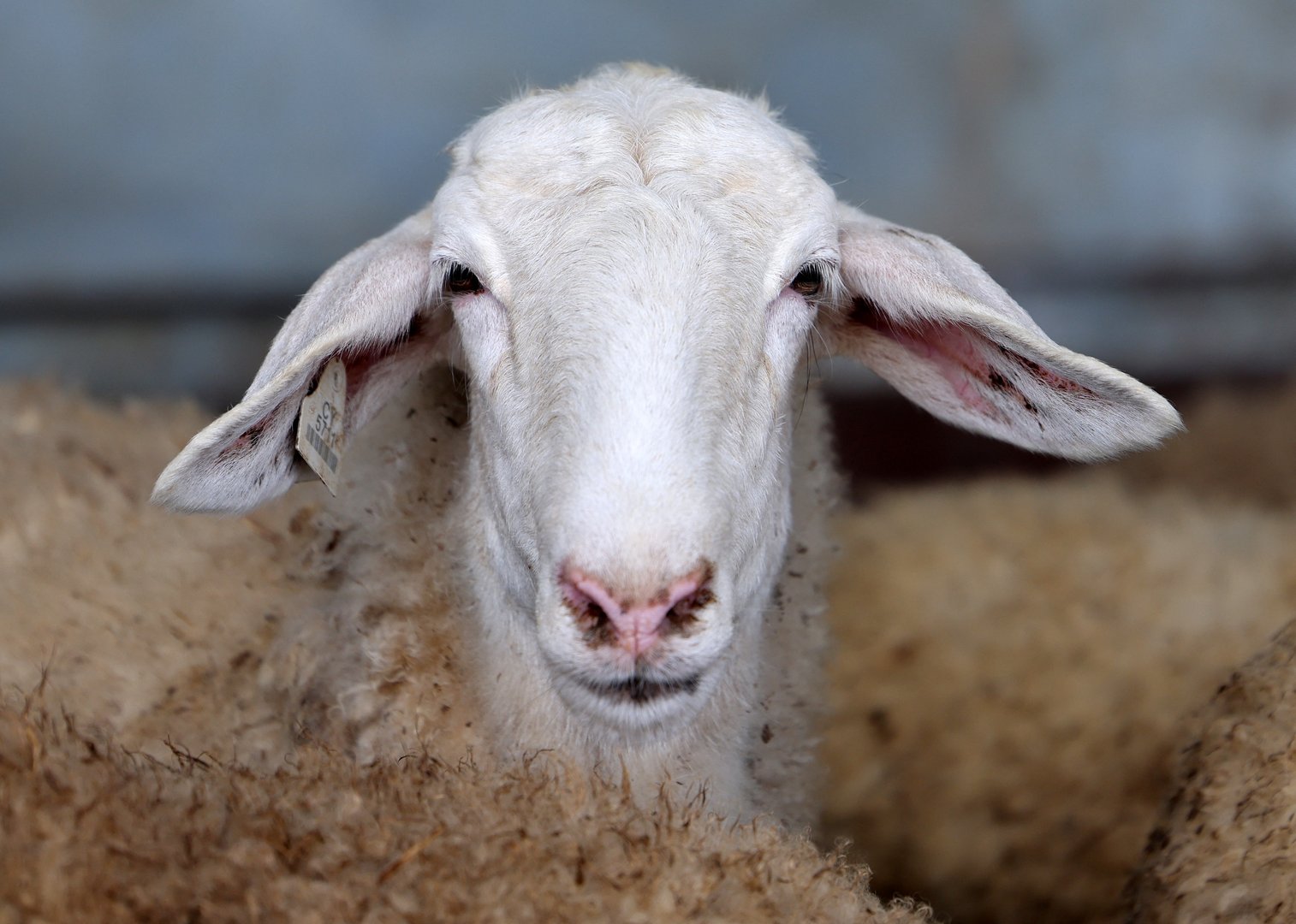The number of animals which have died in an outbreak of bluetongue disease in the north has risen to 193, with the disease now having been detected across 133 farms, the north’s ‘agriculture ministry’ said on Thursday.
The ‘ministry’ added that the disease has now been detected near the villages of Trikomo and Vatili, and that now, “necessary measures have been taken in businesses and regions where the disease has been detected to prevent its spread”.
It said the disease is “difficult to control due to the large number of potential hosts”, and that “restricting the movement of affected animals can reduce the spread of the disease, but it is not completely effective.”
“There is a vaccine against some forms of the virus, but there is no cross-protection between different forms. Controlling flies is critical to controlling the disease. Producers can take precautions by spraying flies, especially in manure areas and around their farms,” it added.
It said the disease had first been detected in cattle farms near Famagusta, Lefkoniko, and Rizokarpaso, and that laboratory samples of the affected animals were taken there and then.
To this end, it said “the relevant European Union reference laboratory was contacted to determine the form of bluetongue” which had “caused the epidemic”, and that the process of sending samples to the EU’s laboratories is now underway.
On the ground, it said it is now working together with municipalities in the north to reduce the number of flies present and added that “all municipalities have been informed about the disease and about the methods to control it”.
Additionally, it said, insecticides have been distributed to the affected farms.
“Bluetongue disease causes an epidemic in [the north] every three or four years, typically though flies carried by winds from Africa and the Middle East. The disease, which is not normally seen in the northern hemisphere, has started to be seen in European countries as flies migrate north due to global warming,” it said.
With this in mind, it added that outbreaks have been reported in “many European countries”, including the United Kingdom, Denmark, Greece, and Turkey.
The alarm over the disease was initially raised on Wednesday by the north’s animal producers’ and breeders’ union chairman Mustafa Naimogullari.
He said the disease “is bringing sheep and goat farmers to their knees” and has now spread to farms from Rizokarpaso all the way to Nicosia.
“The flies which landed on the dead animals then transmitted the disease to other animals. This is very serious negligence, frivolity! You cannot do these things,” he said.
Naimogullari’s comments were met with fury by the north’s dairy product manufacturers’ association (Suib) chairman Mahmut Erden on Wednesday night.
“A disease like bluetongue, which does not pass to humans and does not harm human health in any way but only causes economic losses through the death of animals, was advertised on television screens as if to rub it in the faces of the Greek Cypriots,” he said.
He added, “we will pay the price for the unfortunate situation [Naimogullari] has created when they stop us sending halloumi to the south. We condemn this irresponsible behaviour.”
Bluetongue disease is transmitted by insects and primarily affects sheep and, less commonly, cattle. Characteristic symptoms include fever, swelling around the face and lips, and in severe cases, blue discolouration of the tongue due to a lack of oxygen.
The disease is not directly a threat to human health, though the increased animal mortality rate it brings about tends to lead to substantial economic losses for farmers.







Click here to change your cookie preferences